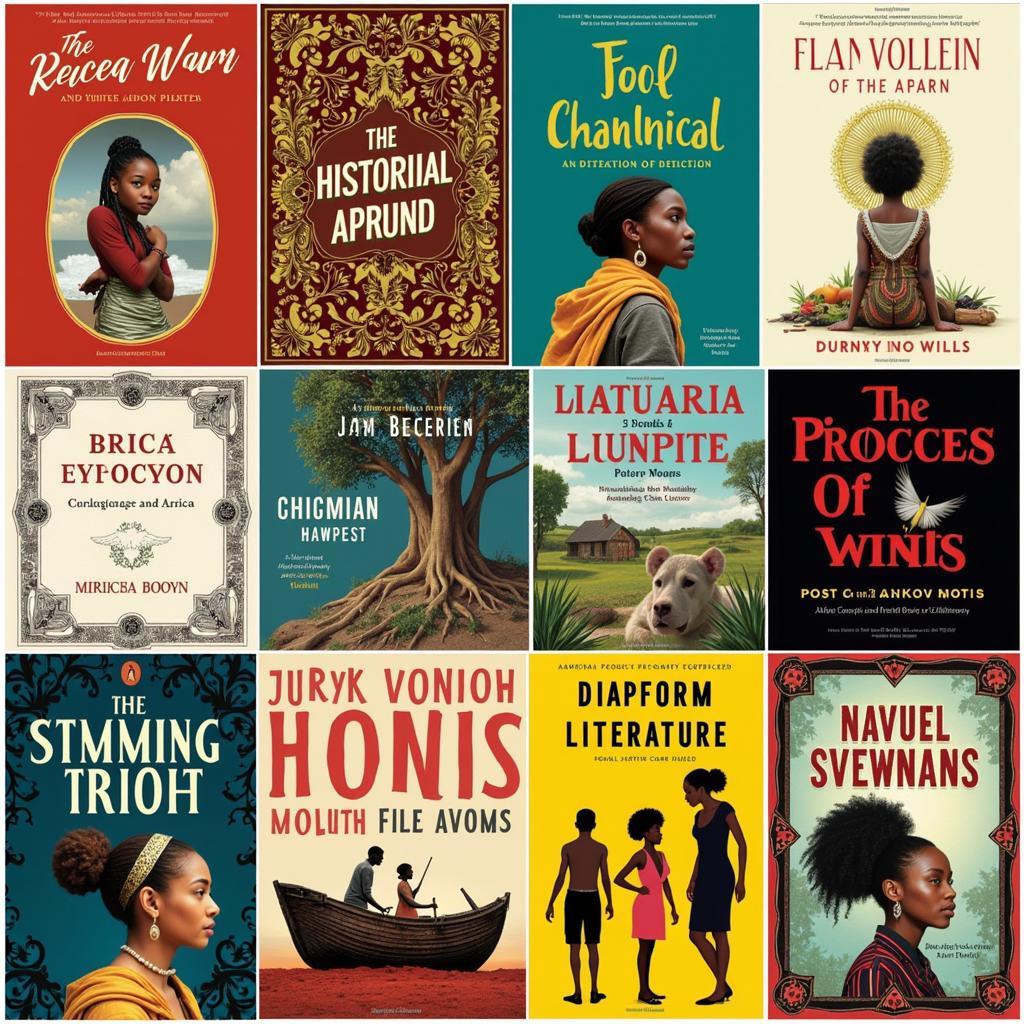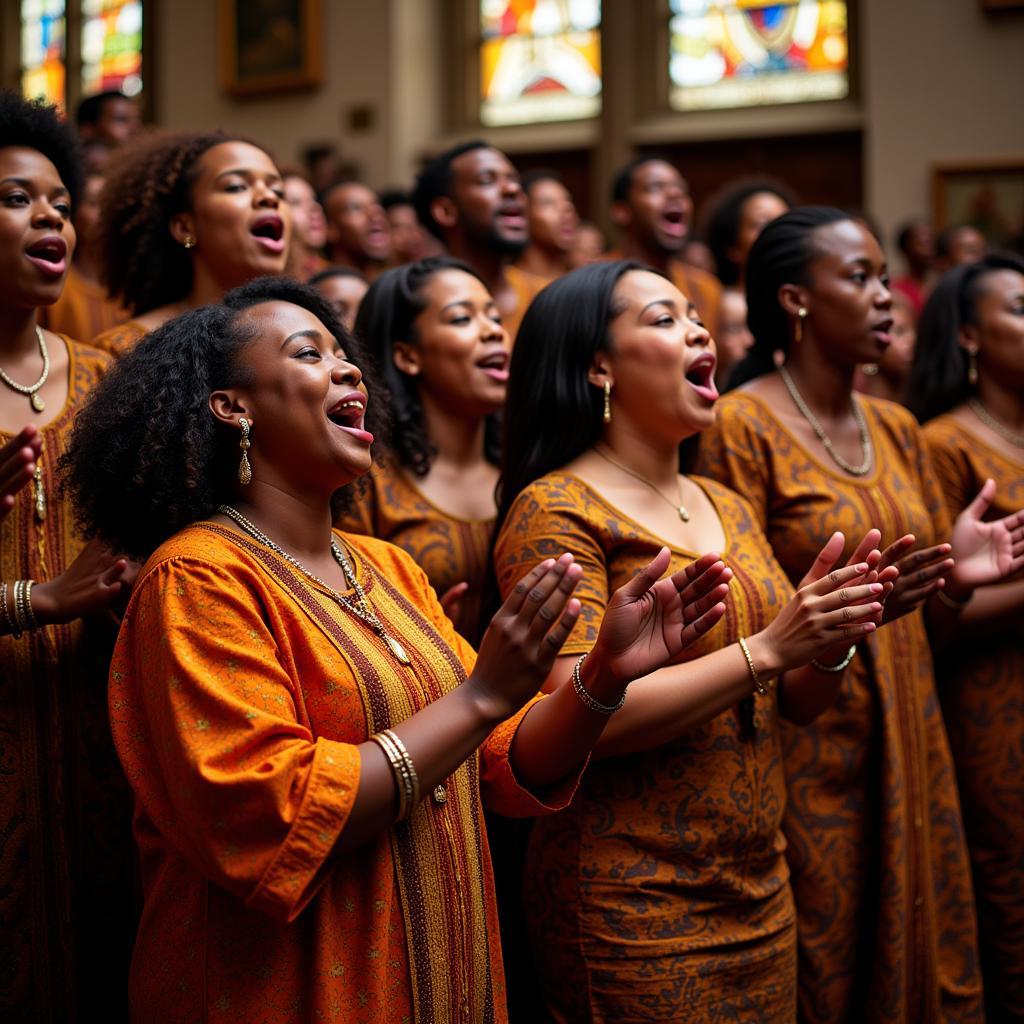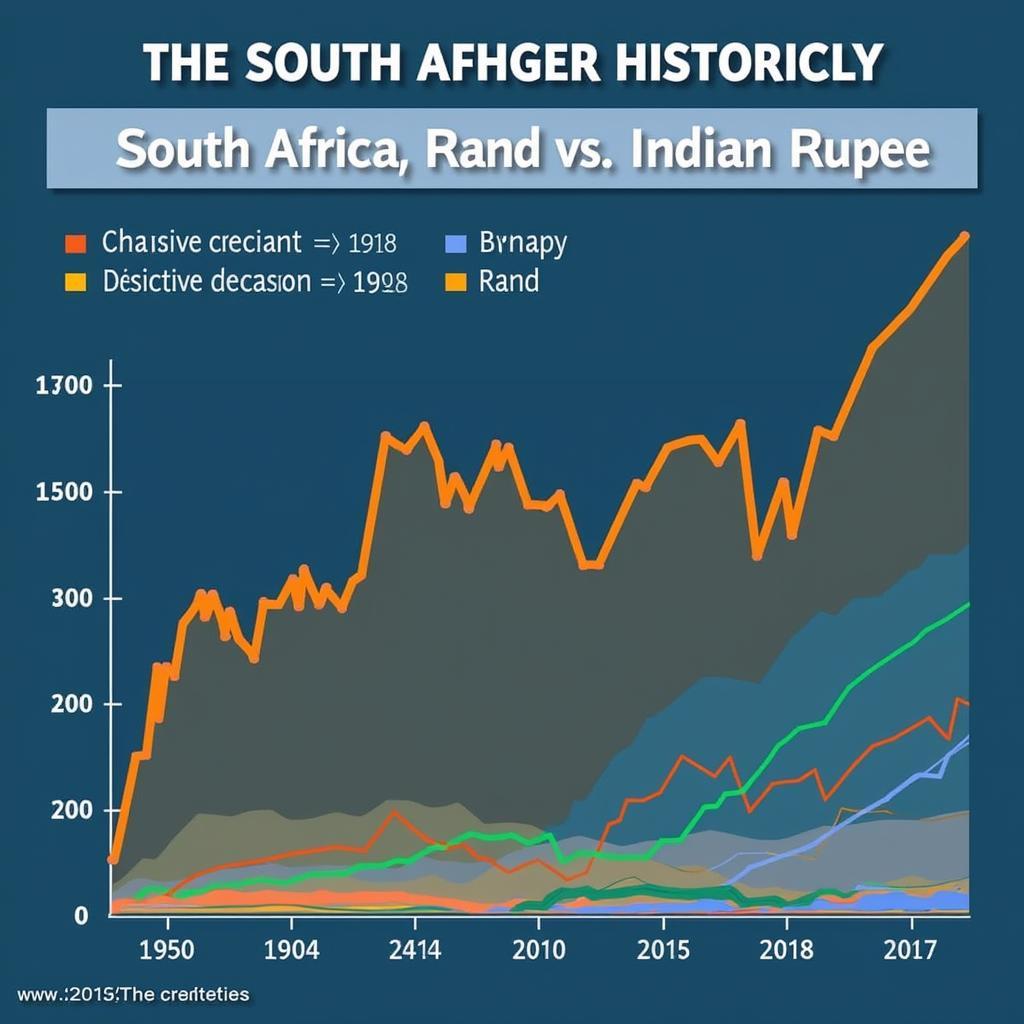Exploring the World of African Novels
African Novels offer a captivating window into the rich tapestry of cultures, histories, and experiences that shape this diverse continent. From tales of ancient kingdoms to contemporary struggles, these literary works offer a powerful lens through which to understand Africa’s vibrant past, present, and future. This article will delve into the world of African novels, exploring their various genres, themes, and the impact they have on global literature.
A Journey Through African Literary Landscapes
African literature, particularly novels, has played a crucial role in challenging stereotypes, reclaiming narratives, and amplifying African voices on a global stage. For centuries, stories originating from the continent were often filtered through a colonial lens, perpetuating biased perspectives and limiting the understanding of Africa’s complexity. The emergence of African novels provided a powerful counter-narrative, offering authentic portrayals of life, culture, and history from an African perspective. These narratives explore themes of colonialism, independence, identity, and the ongoing search for meaning in a rapidly changing world.
Chinua Achebe, a renowned Nigerian novelist, once said, “Until the lions have their own historians, the history of the hunt will always glorify the hunter.” This quote encapsulates the essence of why African novels are so vital. They offer the “lions” – the people of Africa – the opportunity to tell their own stories, ensuring that their voices are heard and their experiences acknowledged. They challenge simplistic narratives, revealing the multifaceted nature of African societies and the resilience of its people.
Unveiling the Diversity of African Novels
African novels encompass a vast array of genres, reflecting the continent’s diverse literary landscape. From historical fiction that transports readers to ancient empires to contemporary narratives that grapple with modern-day challenges, there is an African novel to suit every taste.
- Historical Fiction: Explore the epic narratives of kingdoms past, such as in 20 must-read african fantasy novels.
- Contemporary Literature: Delve into the complexities of modern African Life, encompassing themes of urbanization, globalization, and social change.
- Magical Realism: Discover the enchanting world of African mythology and folklore, where the lines between reality and fantasy blur.
- Postcolonial Literature: Examine the lasting impact of colonialism and the ongoing struggle for self-determination.
- Diaspora Literature: Experience the stories of Africans in the diaspora, as seen in african diaspora novels, exploring themes of displacement, identity, and belonging.
 Genres of African Novels
Genres of African Novels
What are some key themes explored in African novels?
African novels explore a wide range of themes that reflect the continent’s rich history, diverse cultures, and complex social dynamics. These themes often intersect, creating layered narratives that offer profound insights into the human experience. Common themes include colonialism and its legacy, the struggle for independence, issues of identity and belonging, the challenges of post-colonial nation-building, the impact of globalization, the role of women in society, and the exploration of traditional African beliefs and values. These themes are often woven into captivating stories that transport readers to different corners of the continent and offer glimpses into the lives and experiences of its diverse peoples.
How have African novels impacted global literature?
African novels have significantly impacted global literature by challenging established narratives, introducing new perspectives, and enriching the literary landscape with diverse voices and stories. They have played a crucial role in decolonizing literature, offering counter-narratives to colonial representations of Africa, and giving voice to marginalized communities. By showcasing the richness and complexity of African cultures, histories, and experiences, these novels have broadened global understanding and fostered cross-cultural dialogue. They have also inspired new generations of writers both within Africa and beyond, paving the way for a more inclusive and representative literary world.
Ngugi wa Thiong’o, a Kenyan writer and scholar, advocates for writing in African languages. He believes this is essential for decolonizing the mind and preserving cultural heritage. african culture novels certainly play a vital role in this.
Conclusion: A Continuing Literary Journey
African novels offer a powerful and enriching literary experience, inviting readers to delve into the heart of a vibrant and complex continent. By exploring these works, we gain a deeper understanding of Africa’s past, present, and future, and we broaden our perspectives on the human condition. Continue exploring the diverse world of African novels to discover the captivating stories and profound insights they offer.
FAQ
- What are some must-read African novels?
- Where can I find more information about African literature?
- Are there any online resources for reading African novels?
- How can I support African authors and publishers?
- What are some key literary movements in African literature?
If you need assistance, please contact us at Phone Number: +255768904061, Email: kaka.mag@gmail.com Or visit us at: Mbarali DC Mawindi, Kangaga, Tanzania. We have a 24/7 customer service team.



